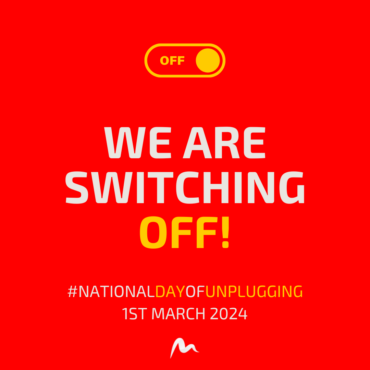Overcoming Exercise Barriers: Finding Motivation that Fits Your Lifestyle
Do you ever find yourself struggling to get motivated to exercise, even though you know it’s good for your health?
You’re not alone. Different factors can serve as motivators or barriers to exercise, depending on the individual. What motivates one group of people to exercise may be a barrier for another. In this blog post, we’ll explore some examples of how various factors can impact our motivation to exercise.
Time Constraints
Time constraints can be a significant barrier to exercise for many people, particularly busy professionals who may have limited free time. On the other hand, retirees or those with more flexible schedules may find the availability of time to be a motivating factor. For example, if you’re retired and have more free time, you may be able to take on longer workouts or activities that require more time.
Personal Preferences
Personal preferences can also impact our motivation to exercise. Some people may be more drawn to individual activities, such as running or cycling, while others may prefer team sports, such as football or water sports. Finding the right activity that aligns with your preferences can help motivate you to exercise. If you prefer individual activities, finding a workout buddy or accountability partner can help you stay on track. On the other hand, if you prefer team sports or exercise classes, finding a local Active Nation venue to join can help keep you engaged.
Health Concerns
People with chronic health conditions may face unique barriers to exercise, such as physical limitations or safety concerns. However, regular exercise can often help manage chronic health conditions, so finding appropriate activities and modifications may be key to overcoming these barriers. For example, if you have arthritis, low-impact activities such as swimming or yoga may be better suited for you than high-impact activities like running.
Social Support
Social support can be a motivating factor for some people when it comes to exercise. Attending group fitness classes with friends can provide a sense of community and accountability, making it easier to stick to an exercise routine. For others, social anxiety or discomfort may be a barrier, making individual or home-based workouts a better fit.
Environmental Factors
Environmental factors such as access to safe outdoor spaces, weather conditions, or air quality can also impact our motivation to exercise. Living near a scenic park or trail may be a motivator for someone to go for a daily walk or run. On the other hand, living in an area with high levels of air pollution may make outdoor exercise less appealing or safe. You can always benefit from Active Nation Anywhere with over 1000 on-demand workouts, collections, class of the day, and a weekly schedule to keep you active.
In conclusion, understanding what motivates us to exercise and what serves as a barrier can help us find the right activities and strategies to stay motivated and achieve our fitness goals. By identifying and overcoming these barriers, we can make exercise a regular part of our lives and reap the many health benefits that come with it.

















